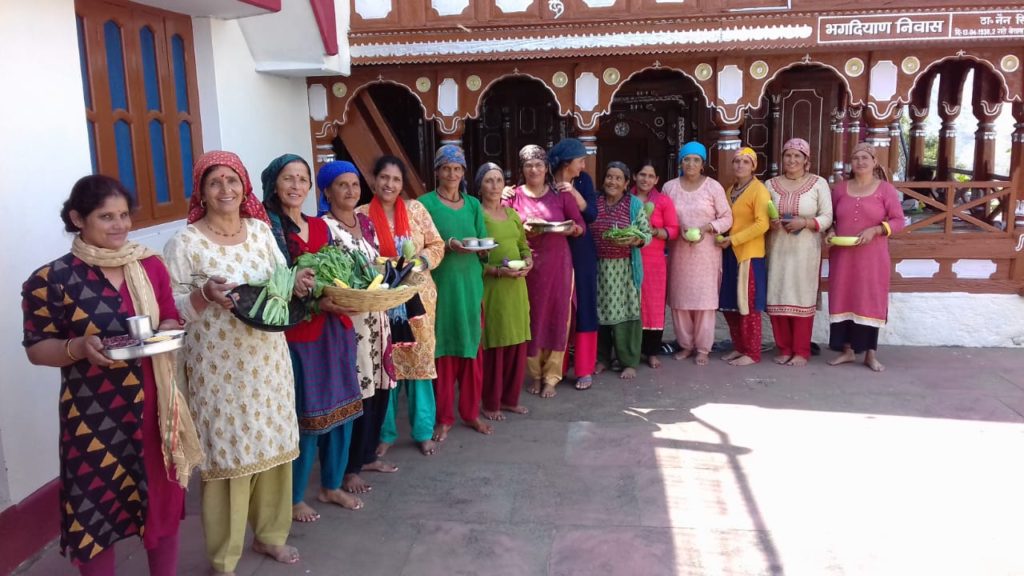Nutrition is an important aspect of health and development. According to the Global Hunger Index (GHI) 2020, India ranks 94th out of 107 countries, indicating a serious level of hunger. The GHI takes into account factors like undernourishment, child wasting, child stunting, and child mortality. According to NFHS -5 (2019-21), 35.5% of children under the age of five are stunted, 22.9% are underweight, and 7.5% are wasted. This indicates that many Indian children are not getting the nutrients they need to grow and develop properly. Several factors contribute to malnutrition in India, including poverty, lack of access to education and healthcare, and poor dietary habits.
Nutrition Week is an annual event celebrated globally to raise awareness about the significance of proper nutrition. In 2023, Nutrition Week centres on the theme, “Making Healthy Diets Affordable for All.” This theme underscores the critical need to ensure that nutritious food is accessible and affordable to everyone, irrespective of their economic status. Incorporating Millets in regular diets across age groups might be one of the best cost-effective tools to reduce malnutrition within a short interval of time. Millets are our traditional grains, highly nutritious, non-glutinous and non-acid-forming food having many nutraceutical and health-promoting properties, especially high fiber content. Millets act as prebiotic feeding for microflora in our ecosystem. Millets hydrate our colon to keep us from being constipated.
The Rural Development Institute (RDI), Himalayan Institute Hospital Trust (HIHT) conducted several public education campaigns for pregnant and lactating women and adolescent girls to raise awareness about the importance of millets in their regular diet in the selected villages of Haridwar and Dehradun districts. In 12 villages, an estimated 950 pregnant and lactating women and more than 5,000 community members were sensitized through community workshops and meetings. Under the Wipro Care Program, millet laddoos have been prepared by local self-help groups and distributed to all pregnant and lactating women during the Village Health, Sanitation and Nutrition Days(VHSNDs). The initial outcomes indicated that women are appreciating the initiative and the participation of pregnant and lactating women in VHSNDs has been increasing dramatically.
These laddoos are full of micronutrients and digestive ingredients which are also helping women with nausea and improving their appetites. The initiative is in the initial phase and is being monitored closely to understand its overall outcomes and impact.

